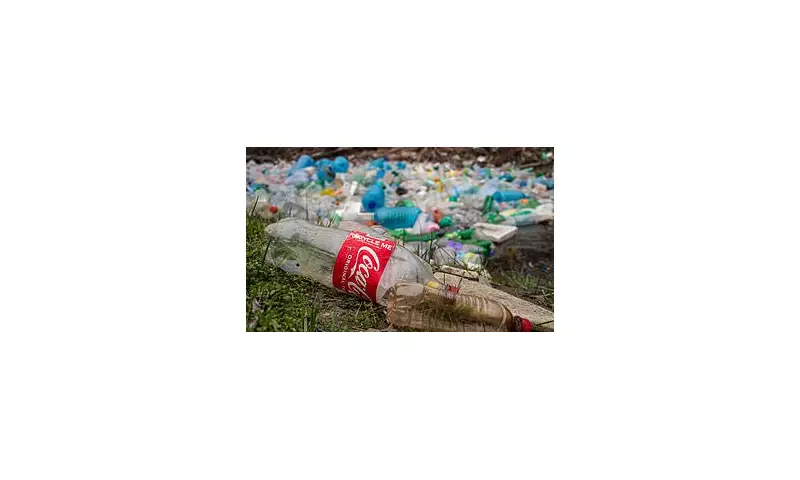
Britain's streets and green spaces are being marred by a relentless tide of litter, with new research exposing the everyday items most frequently discarded by the public. The findings paint a troubling picture of our throwaway culture and its impact on local environments.
The Top Offenders: What's Cluttering Our Communities
According to the comprehensive study, smoking-related waste dominates the litter landscape. Cigarette butts emerge as the single most common item dumped across the UK, followed closely by cigarette packets and other tobacco packaging. This persistent form of litter not only creates eyesores but also poses significant environmental hazards.
Plastic Pollution Crisis Continues
The research highlights our ongoing struggle with plastic waste, with plastic bottles and drinks cans ranking high among the most discarded items. Food packaging, sweet wrappers, and crisp packets complete the top offenders list, revealing patterns in our consumption and disposal habits.
The Regional Divide: Where Litter Hits Hardest
Urban areas bear the brunt of the litter epidemic, though the problem affects communities nationwide. Parks, high streets, and residential areas all show evidence of consistent littering, despite ongoing cleanup efforts and public awareness campaigns.
Environmental Impact and Cleanup Costs
The consequences extend far beyond visual pollution. This waste:
- Threatens wildlife through ingestion and entanglement
- Contaminates soil and waterways with toxic materials
- Costs local councils millions annually in cleanup operations
- Damages community pride and quality of life
Time for Change: Addressing the Litter Crisis
Environmental campaigners are calling for urgent action, including better recycling infrastructure, stricter enforcement of littering laws, and continued public education. The research underscores the need for both individual responsibility and systemic solutions to tackle this growing environmental challenge.
As Britain grapples with its litter problem, the message is clear: meaningful change requires a collective effort to rethink our relationship with waste and its impact on the places we call home.





